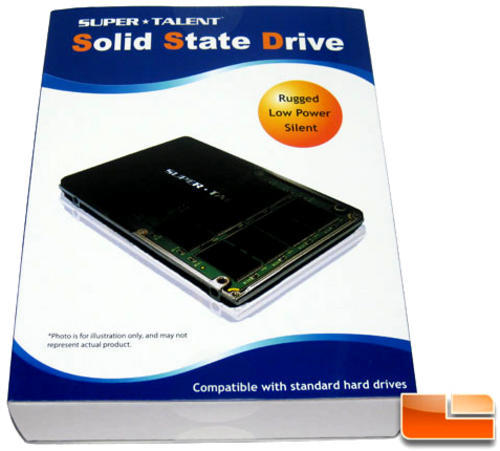Solid State Hard Drives. Are they Worth It? The first real computer I bought came with a 100 MB hard disk drive. At the time it was a large amount of storage capacity and lightning fast. How times have changed! Consider how much software has increased in size since those glory days. Windows 3.0 required just 6 to 7 MB disk space, while Windows 7 will eat up 16 GB of your hard disk drive. Many other popular software suites take equally massive amounts of disk capacity. |  |
 | One obvious impact of this increased disk capacity is the increased load time to get this software up and running. Who has not sat around and cursed waiting for Windows to start up, or that photo editing software to load? This is where solid state drives, SSDs, have their ultimate advantage. Because they use microchips to store data, rather than rotating disks, there is no waiting for the disks to spin up to speed, or for the head to move to the correct position. In essence, an SSD is comparable to a USB flash drive. |
| While costs remain high, it may not be worth the expense unless you are a computer professional. A good compromise might be to go for a smallish SSD and use that as your boot disk, install your operating system on it, and retain your data and other less frequently used software on a conventional HDD. | |